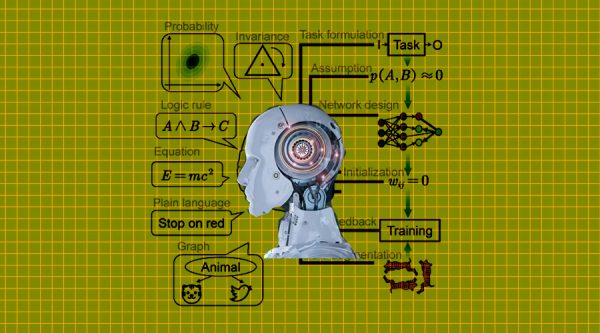Although machine learning is not a new technique, its use and potency have increased recently as a result of deep learning, cloud computing, and big data availability. These days, machine learning is applied in many other fields and sectors, including manufacturing, retail, finance, and security. Numerous daily apps that we use, including those for social networking, entertainment, education, and health, also incorporate machine learning.
- Personalized Recommendations: Apps such as Netflix, Spotify, and Amazon employ machine learning to look at user behavior, hobbies, and past purchases to make recommendations for goods or entertainment that you will most likely enjoy. These recommendations are what keep you captivated and craving more. For instance, the app will recommend material based on your previous searches and viewings of reality TV, romance movies, and crime thrillers.
- Speech Recognition: The next time you ask Siri to put your phone in flight mode or set an alarm for the next hour, remember that machine learning is at work again. Natural language processing (NLP) techniques are a subset of machine learning that voice assistants like Siri, Google Assistant, and Bixby primarily rely on to interpret and respond to your voice commands.
- Image and Video Recognition: To enhance user experiences, apps like Instagram, Snapchat, and TikTok employ machine learning to recognize objects in photos, filter content, and add augmented reality (AR) capabilities.
- Fraud Detection and Security: By analyzing transaction trends, login habits, and user location data, mobile banking and payment apps employ machine learning to spot fraudulent activities. Because of this, your financial information is safe. Tell us about your experience logging into your Google account on a different device and location. You will be required to answer security questions, create one-time passwords, and complete other such chores before being allowed access when machine learning raises a security alert.
- Predictive Text and Autocorrect: Your keyboard app uses machine learning to predict the words or phrases you’ll probably type next, whether it’s integrated into your phone or comes from third-party software. This is not based on what you are typing at this moment, but rather on what you have typed in the past.
- Health and Fitness Tracking: Apps like Fitbit and MyFitnessPal analyze your activity data and provide insights into your fitness and health goals through machine learning. Certain apps can even determine potential health issues based on your data. Based on information gathered over several months, certain applications can even predict significant dates in a woman’s impending menstrual cycle.
- Language Translation: Travel apps like Google Translate use machine learning to provide instantaneous language translation, making it simpler to have conversations in other countries.
- Social Media Content Ranking: Posts from friends and accounts you interact with the most are given priority in your feed by social networking sites like Facebook, Instagram, and Twitter using machine learning algorithms. Because of this, you eventually stop seeing a friend’s post if you don’t respond to it. The model determines that you may no longer be friends based on your interaction data.
- Traffic and Navigation: Apps like Google Maps and Waze, which use machine learning to analyze real-time traffic data and recommend the quickest route to your location, can help you avoid traffic jams and save time.
- Virtual Try-On: Many e-commerce apps use machine learning to simulate how products like clothing, cosmetics, or eyewear might seem on you in order to enhance the online shopping experience.









